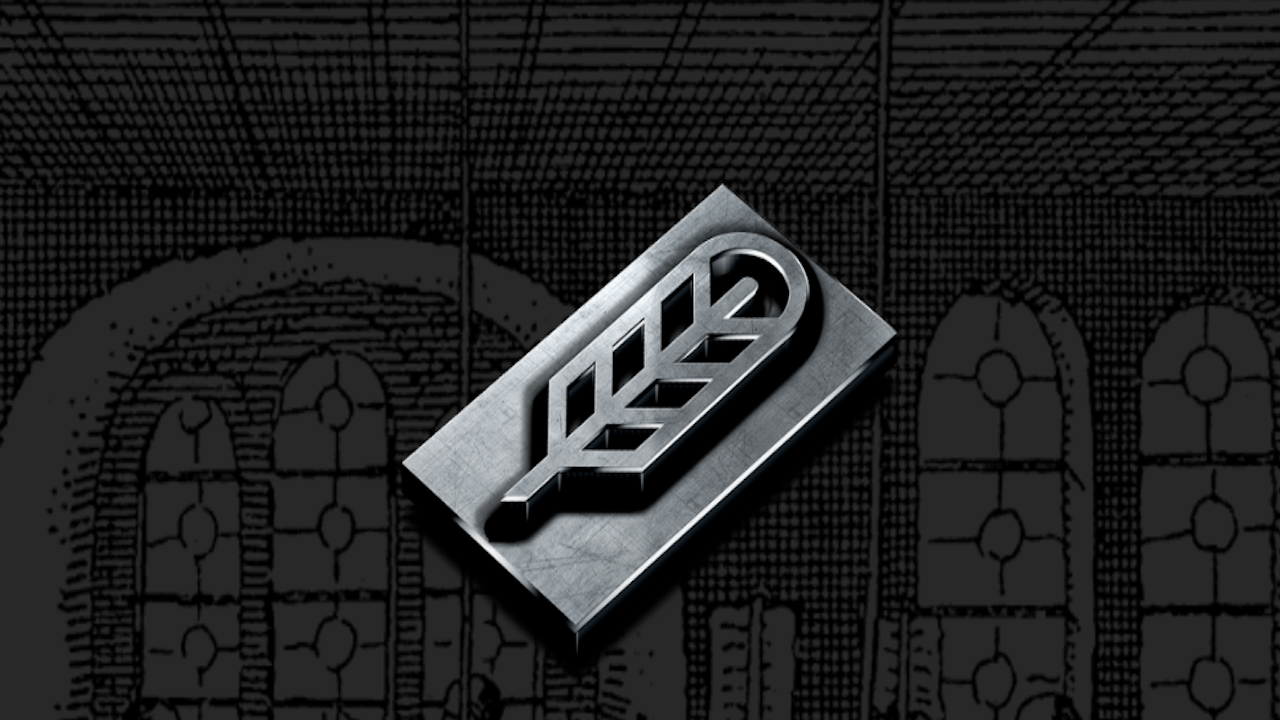Digital Media
Why Jarrod Dicker left The Washington Post for Po.et (Q&A)
This is part two of our three-part exclusive interview with Po.et CEO, Jarrod Dicker. He tells us about his “ah-ha” moment with Blockchain and the current state of the Po.et project (POE), an Ethereum-based decentralized, universal ledger designed to track ownership and attribution for the world’s digital creative assets (In part two, we discussed why the Media Industry isn’t prepared for Blockchain and in part three hear his musings on Facebook, VR/AR, and more).
Other publications have asked, “you had such an amazing job at the Washington Post, why would you leave?” We are more curious as to whether you tried to bring Blockchain into The Washington Post and if they said, “no, we don’t want to do that”
Dicker: All media companies are excited about Blockchain — The Washington Post (WP) absolutely are. So for me, it’s not that I was dying to work in Blockchain and couldn’t get that done, but I believe that this is the biggest thing to happen in a long time.
It’s an area everyone will need, whether they’re currently investing or ignoring. What Po.et is doing, is an amazing hand holding type project that will allow them to enter as they see fit. We know that companies (like WP, NYTimes, or GE) can’t just pivot their business to focus on this.
When was your “ah-ha” moment?
Dicker: I have to admit, at the beginning it was strange to think about leaving media — I’ve been in media awhile (WP, Time Inc, RebelMouse, and Huffington Post), so I’m really tied to news and tech. The “ah-ha” moment was due to a lot of the work we did at WP on licensing and technology. In an era where content is being consumed more than ever, I saw how much these media companies are struggling to make money.
Po.et is an open source project and it’s at the protocol layer with code libraries that different companies, from independent publisher to larger corporations, can use in different ways. The notion that we could impact and influence by building part of “the next internet” felt like a once in a lifetime opportunity to do something great in a field I absolutely love.
The Po.et WordPress plugin is now official — tell us about the current state — it seems like you can post and timestamp content on the Blockchain.
We’re building something that is going to be used by many people in very different ways. When you look at the attribution component of being able to timestamp and attribute content, that is really focused on the Internet of Permanence. That’s a concept which was supposed to be in the value of the web, but isn’t anymore.
Owned permanence of your thoughts and ideas via attribution, time stamping, and metadata was the first valuable use case of Po.et. Then Block Explorer came out, which is a way to search the metadata (not sure if it’s been announced, but it is out) and search the whole library and repository of content.
You create an amazing piece of content that you post to Twitter that gauges the interest of other media companies for syndication, you have the opportunity to manage those controls and say “this is going to cost money, here’s the contractual basis of why it should cost money, and CNN you can use it” and than you can get paid.
It’s our understanding that the Po.et marketplace will allow publishers to pay independent content creators and then arbitrage the acquired content. Can you talk a little more about that system?
Dicker: Yes, that’s the idea that you can stake content in a marketplace and transact directly there. A content creator might not know where to start to create a media business of his or her own. Po.et would be a great place because it’s a tool that helps you get discovered and paid. That discovery is key.
Maybe independent content creation is possible in a different way. Maybe we’re not valuing content the way we should be valuing content.
At The Washington Post a lot of people would say to me “I subscribe, I’m doing my part,” and while that’s exciting, “doing my part” is not the same sentiment you use when you talk about subscribing to Netflix or Spotify – you “need” those services.
If everyone is bearish on advertising and you don’t “need” to pay for news subscriptions, then there needs to be a new marketplace type model.
Is the Po.et marketplace going to be a portal in itself?
Dicker: Yes, you’ll be able to go to the Po.et marketplace and log in. If you want to see content around a topic, we’re playing with ideas around Token Curated Registries.
If you were to look for Blockchain content in Google, the first five results would be ads. The way that we’re looking at the Blockexplorer is to be able to have an algorithm to surface the most relevant content, but the first five results are the ones the community votes to be the most interesting or relevant pieces of content. And that’s where things get very interesting when it comes to how those Token Curated Registries work with staking and incentivizing.
In part two, we discussed why the Media Industry isn’t prepared for Blockchain and in part three hear his musings on Facebook, VR/AR, and more.






Pingback: Jarrod Dicker: Why Media Companies Aren't Prepared for Blockchain
Pingback: Po.et Extra: Thoughts on Facebook, VR/AR & More